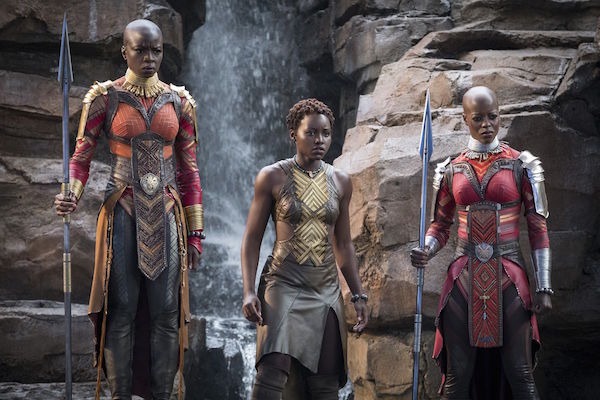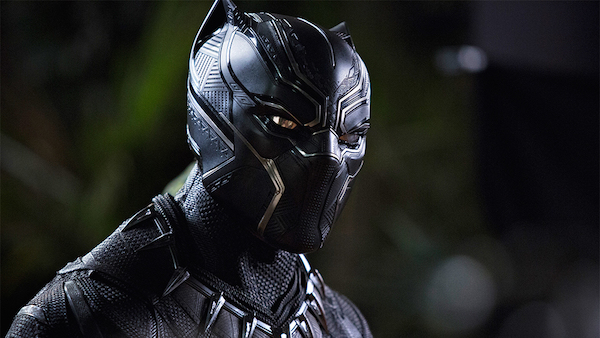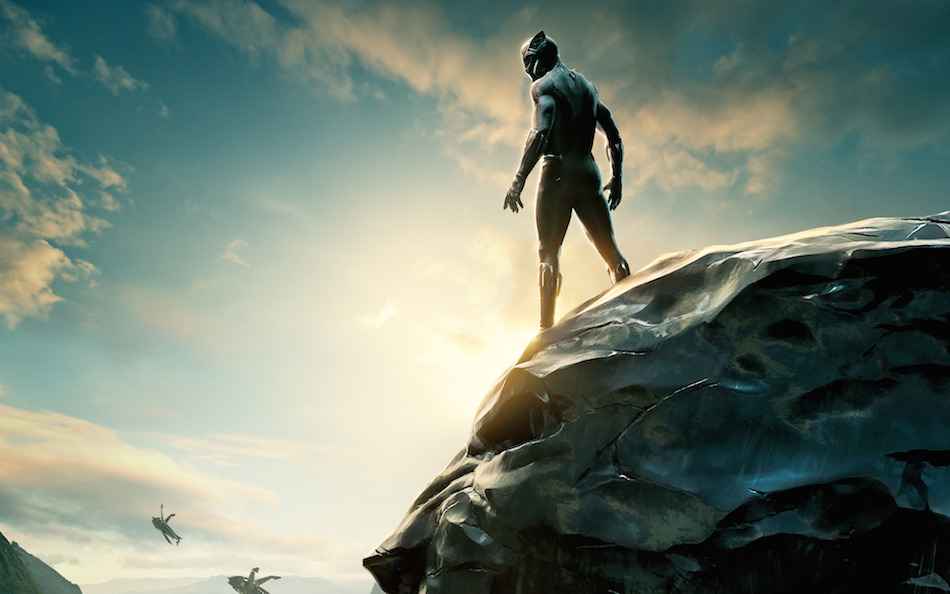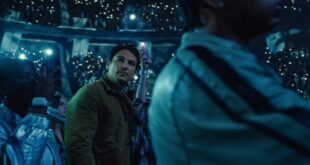‘Black Panther’ is an important movie. Not since the release of The Dark Knight has the moviegoing populace been treated to such a strong allegorical ideology than with Black Panther. Steeped so heavily in its cultural relevance that it’s hard to ignore, director Ryan Coogler has managed to craft a film that not only serves as a sociopolitical statement on the time in which the film was made, but one of the best superhero movies ever made that will ultimately stand the test of time. Equal Representation on the big screen has never been more important than now. Coogler has tapped into this idea, expanding it tenfold throughout the film, while also making a fun superhero romp that pleases all of our film-going senses.
Culturally speaking, Black Panther explores a wide variety of themes, but perhaps it’s the stance on neo-colonialism is the one that seems to be most prominent. The far-reaching consequences that this style of colonialism attains can be felt prominently in our society today, as well as the MCU as a whole. The political positioning of the fictional nation-state of Wakanda—which historically remains untouched by colonialists throughout the story—allows the filmmakers to explore the idea of a purer cultural representation, and it shows in the film. This idea, however, is explored most prominently through the use of the film’s main villain, Erik Killmonger.

Played brilliantly by Michael B. Jordan, Killmonger is representative of the way that westernized culture has both infected and suppressed the history of previously colonized nations. Rather than take over the world (or universe), Killmonger is interested in effectively stripping Wakanda of its cultural heritage and sharing its resources with the world. Killmonger, through the death of his father, attained a sense of social negligence about being “left behind” by the isolationist country. Rather than just being a more traditional revenge motivation, Killmonger is interested in acting as a sort of recompense for all of the people like him that Wakanda has seemingly forgotten about. As a white guy, it’s hard to comprehend what people of color have dealt with for what is effectively thousands of years. Somehow, Coogler is able to make the idea of multiculturalism palatable from an entertainment perspective, while also forcing the audience to explore the idea of they’re willing to explore what the film has to offer.
However brilliant Black Panther may be on a philosophical level, this doesn’t mean that the film isn’t without its problems. On the level of Pure characterization, Killmonger is wonderfully realized, but the film isn’t concerned about giving the character an arc. Killmonger doesn’t really change—or even have flaws for that matter—and that’s something that bugged me throughout. For a character that features such complex underpinnings, it’s kind of a shame that the filmmakers couldn’t give Killmonger some sort of character change by the end of the film. I understand that part of this is the point of the character—to remain unflinching in his ideals, all the way to the very end—but this tendency of a static character arc is one that feels all too common for someone as intelligent and calculating like Killmonger. Some of the visual effects felt instantly dated when watching the film, and the runtime is slightly bloated, but those complaints ultimately amount to nitpicks, considering the pieces that Coogler & Co. had to bring together for the film to be as successful as it is.

In many ways, Black Panther is a great culmination of everything that the Marvel universe has to offer thus far. It’s interesting because Black Panther feels like the superhero equivalent of an onion. On the surface, it’s a movie that melds multiple genre elements into what is effectively a harmless, fun summer blockbuster. But it becomes more pungent once you start to peel away the layers, ultimately serving as a reminder about the power of the under-represented.
As mentioned in the opening of this review, Black Panther is an important movie. Not because of its characters, plotting, or special effects, but rather because of its impact on the cultural zeitgeist. The true miracle of a movie like Black Panther is its ability to shift this zeitgeist, and that’s a superpower that will surely remain unmatched in this universe for a very long time.
 Age of The Nerd
Age of The Nerd




